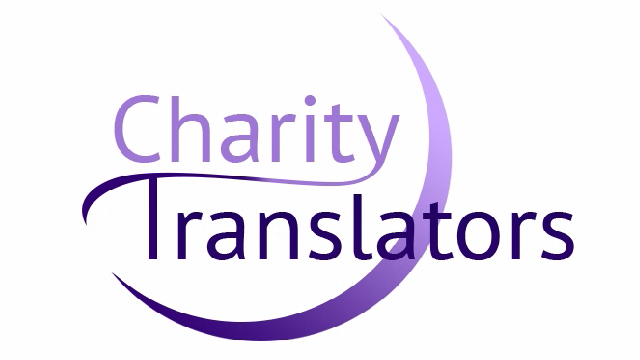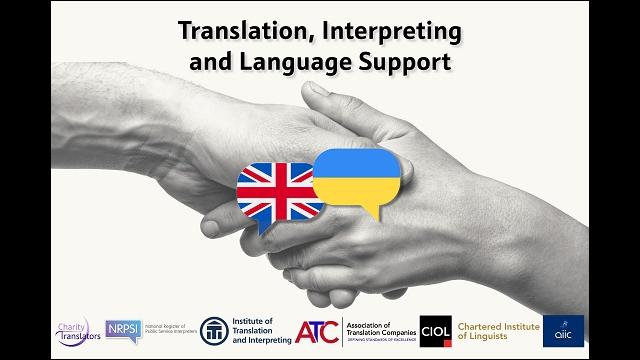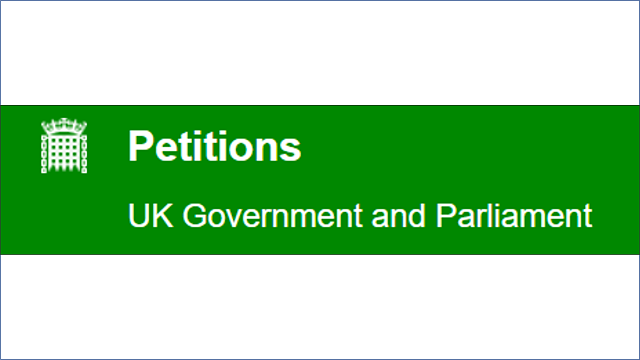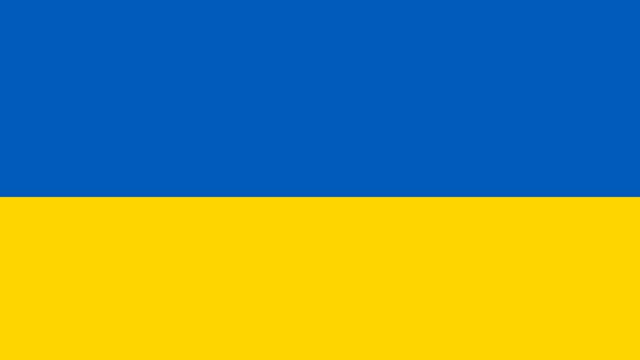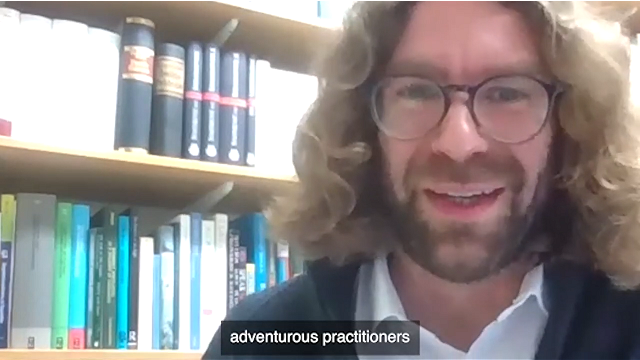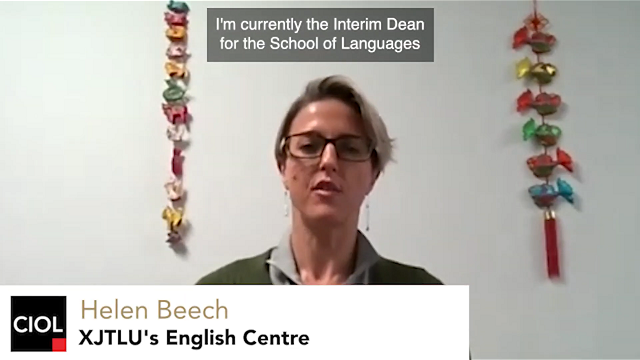-
QUALIFICATIONS
- For Linguists Worldwide
- For UK Public Services
- Preparation
- Policies & Regulation
-
MEMBERSHIP
- Join CIOL
- Membership grades
- NEW for Language Lovers
- Chartered Linguist
- Already a member?
- Professional conduct
- Business & Corporate Partners
-
ASSESSMENTS
- For Second Language Speakers
- English as a Second Language
-
EVENTS & TRAINING
- CPD, Webinars & Training
- CIOL Conference Season 2025
- Events & Networks
- CIOL Mentoring
-
NEWS & VOICES
- News & Voices
- CIOL eNews
- CIOL Awards
- The Linguist
- Jobs & Ads
-
RESOURCES
- For Translators & Interpreters
- For Universities & Students
- Standards & Norms
- CIOL & AI
- All Party Parliamentary Group
- In the UK
- UK Public Services
- Find-a-Linguist
The delight of Duolingo: A conversation with entrepreneur Luis von Ahn and CIOL's CEO John Worne
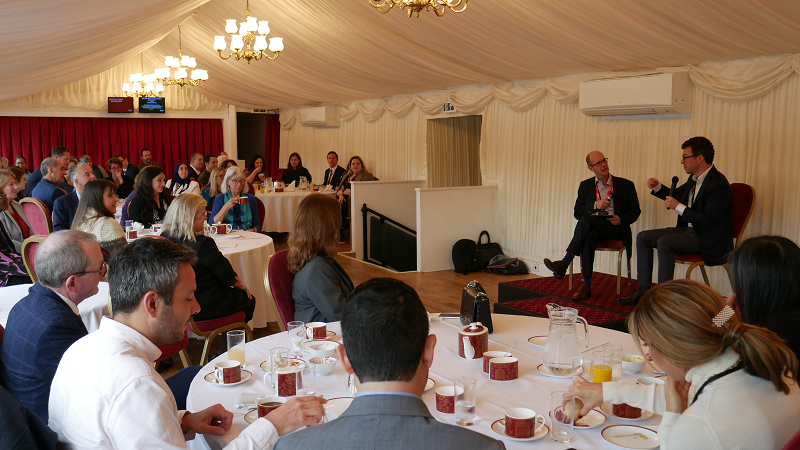 An event hosted at the House of Lords by the Chartered Institute of Linguists
An event hosted at the House of Lords by the Chartered Institute of Linguists
by Anna Esaki-Smith
On a showery November morning, the Chartered Institute of Linguists (CIOL) hosted a breakfast to welcome Duolingo CEO and Co-Founder Luis von Ahn to London and to discuss language learning, technology and the dynamic intersection of the two.
In the historic Cholmondeley Room at the House of Lords, and at the invitation of Baroness Jean Coussins, Vice-President of CIOL, an audience of around seventy linguists, translators and language experts were treated to a spread of bacon “baps,” pastries and coffee, before listening to a thought-provoking Q&A led by CIOL Chief Executive John Worne.
The Duolingo language app
Duolingo, founded by Luis von Ahn in 2011, is best-known globally for its popular language learning app, the most-downloaded education app in the world. Evidence of its popularity was abundant when John asked the audience how many were using Duolingo at the moment, and a sea of hands went up.
“The delight of using Duolingo is the fun factor, the endless encouragement that keeps you coming back again and again,” said John, who himself has learned Italian, maintained his French and studied Latin and Esperanto on the app. He is approaching a 1,000-day streak. “But as you become a bigger organization, are you also becoming perhaps more serious?” he asked Luis.
“Well, we are a very serious organization, but we do not take ourselves very seriously,” replied Luis. “The way we motivate people is by making Duolingo as easy to use and as fun as possible. But people don’t realize the amount of sophistication that goes behind that.”
Indeed, having two million daily active users not miss a day of learning in the past year and more, is no easy feat. Duolingo learns from everything a user has done on the app, said Luis, so as a result, the strengths and weaknesses of each learner is incorporated into highly-individualized lesson plans. “Whenever you start a lesson on Duolingo, we build that lesson specifically for you,” said Luis, “we aim to keep you engaged, and that has worked very well.”
Language levels
The topic of discussion then shifted to how ‘fluent’ and what linguistic levels in reading, writing, listening and speaking a Duolingo learner could realistically achieve using Duolingo.
“Obviously, linguists are people who use their languages professionally,” said John. “So, how far do you feel a learner can get with Duolingo? How far towards what we call in Common European Framework of Reference (CEFR) terms ‘professional’ or C1 levels?”
“It depends on the language that you’re learning,” replied Luis, adding that Duolingo offered more advanced courses for certain languages, such as French. “If you’re learning French as an English speaker, you can get to the B2 level in reading and listening, and in writing and speaking we can get you somewhere between a B2 and B1. That’s probably the farthest we can get you.”
The CEFR ‘independent user’ B1/B2 level is important because at that level, “you can get a job as a software engineer in that language,” Luis said, noting that in addition to French, Duolingo offered advanced study in Spanish and English that could get a learner to B2.
“You won’t get a job as a poet, but you can actually get a knowledge job in that language,” he said. John agreed.
The English test
John’s questioning turned to how much the massive attraction of the English language had prompted Duolingo take-up across the globe. “There are people in this room, all of whom will know the massive power of the English language in countries where it’s not the first language,” he said. “You’ve taken that further than any other language you have. You have an English test now?”
Luis said his company didn’t start out with test development in mind. “Millions of people were learning English on Duolingo and they were emailing us saying ‘I need a certificate that says I know English, can you give me a certificate?’
“What we found was billions of dollars every year are spent by people certifying that they know English, and usually the way is by taking a standardized test,” he said. “And most of the time you have to go to a physical testing center to take the test.”
Luis, a native of Guatemala, spoke from firsthand experience – needing to take an English test to attend Duke University in the US, he had to fly to El Salvador as there weren’t enough test center appointments in his home country. The cost of standardized English language tests – around $300 – is also formidable for many in need of certification.
“That’s a month’s salary in developing countries. So, to certify that you know English, you have to take a trip to a large city and spend a month’s salary.”
The Duolingo English Test (DET), which can be taken entirely online and costs $49, was Duolingo’s entry into the standardized testing industry. Today, Luis said, around 80 percent of international students in the US go to a university that accepts the DET. “We’re working on this here in the UK, on getting the test accepted,” he added. “It’s a project very close to my heart.”
As the morning discussion was coming to a close, an audience member asked if Duolingo had been made available to refugees. “It’s something that we’ve made an effort on, it’s definitely happening in many countries in Europe,” said Luis. “There are a lot of refugees that are learning the language of that country, that is certainly happening in Turkey. In certain countries the UNHCR is using (Duolingo) to teach the language of the country. We’re very happy about this, and proud this has happened.”
Duolingo and CIOL – a purpose-led partnership
by Dom Hebblethwaite, CIOL's Head of Ventures
Duolingo has an important public service mission over and above their hugely successful and popular learning App. Duolingo is committed to advancing pedagogy, mapping to international standards, advancing testing and promoting multilingualism.
CIOL’s Royal Charter objects include encouraging the effective study and practice of languages as part of building international understanding and appreciation of other countries and cultures. CIOL also promotes clear standards and frameworks for language learning and use, encouraging testing and qualifications as part of building the confidence and professional language skills of individual linguists, as well as the awareness of employers and government of the language skills in their workforces and wider communities.
Both Duolingo and CIOL are committed to encouraging and maintaining the diversity in the languages used and learnt around the world. Duolingo maintain a broad free language learning offer for beginners and intermediate language learners in a very wide range of languages and CIOL tests in 30+ languages each year.
Given these complementary goals, the two organizations have agreed to a formal partnership to work together to advance these important themes for languages and linguists.
Anna Esaki Smith is an American entrepreneur, education expert, and author. She is the creator of Education Rethink, a research firm that specializes in in-depth market assessments to help companies improve their internationalization and recruitment strategies.
More
The Chartered Institute of Linguists (CIOL), Incorporated by Royal Charter, Registered in England and Wales Number RC 000808 and the IoL Educational Trust (IoLET), trading as CIOL Qualifications, Company limited by Guarantee, Registered in England and Wales Number 04297497 and Registered Charity Number 1090263.

